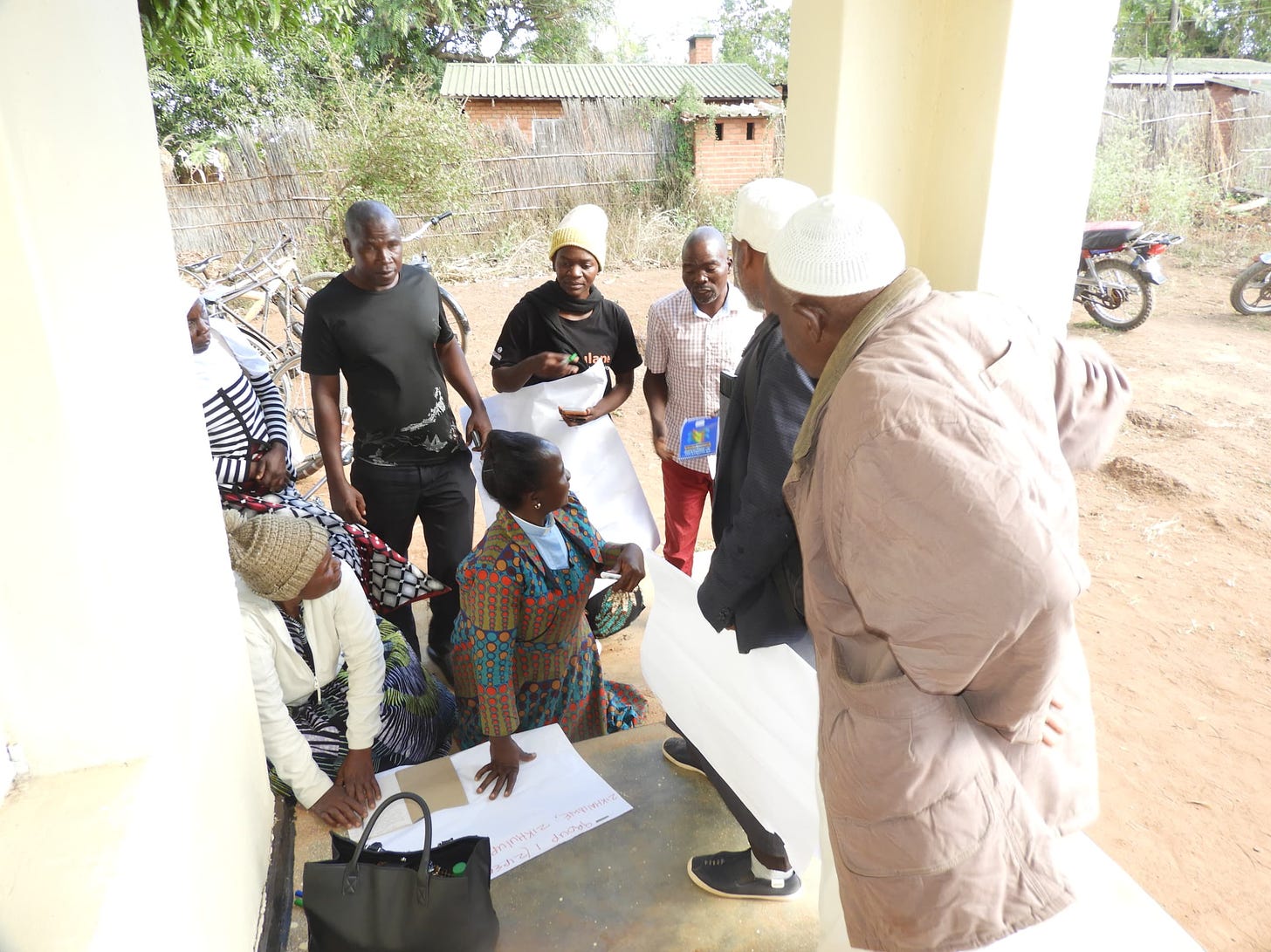Mangochi District Reports Alarming Rise in Births Despite Family Planning Efforts
The situation in Mangochi reflects broader challenges in Malawi's reproductive health landscape.
MANGOCHI, Malawi — Mangochi District Hospital officials have reported a concerning increase in child births, despite ongoing family planning initiatives in the area, writes Francis Polinyu Banda.
The revelation came during a stakeholder engagement meeting in Traditional Authority Mkumba on Friday, June 28, 2024.
Dan Mtenje, a nurse and Youth Friendly Health Services Facilitator at Mangochi District Hospital, highlighted the issue during the meeting, which was part of a United Nations Fund for Population Agency (UNFPA) supported project on peace building and conflict management.
"It is true that the number of births, especially unplanned ones, are still rising in Mangochi, including here at T/A Mkumba, despite our efforts to change the situation through various interventions," Mtenje said.
He emphasized that youth hesitancy to access sexual reproductive health services is a significant contributing factor.
Senior Chief Mwananyambi, who attended the meeting, expressed concern over the rising rate of unwanted pregnancies in the district.
She noted that this trend fuels poverty, human trafficking, and criminal activities, particularly in areas bordering Mozambique.
"I am very concerned with what is happening here. This report calls for urgent action among various players," the chief stated, urging youths to plan their families and parents to support their children until they become independent.
The situation in Mangochi reflects broader challenges in Malawi's reproductive health landscape.
According to 2021 UNFPA statistics, Mangochi district had the highest average birth rate in Malawi at 5.5 children per woman, and the lowest Contraceptive Prevalence Rate (CPR) for married women at 30.9 percent.
Despite efforts to distribute family planning commodities, including 7.1 vials of Sayana Press and Depo Provera, and the administration of 180,000 implants in 2021, the district continues to struggle with high birth rates and low contraceptive use.
The contraceptive prevalence rate among adolescents in Malawi remained low at 37.5 percent in 2021, contributing to one of the highest adolescent birth rates in Africa at 136 per 1,000 adolescents.
As local leaders and health officials grapple with these challenges, the engagement meetings aim to identify barriers to family planning service uptake and develop targeted interventions to address the district's reproductive health needs.



